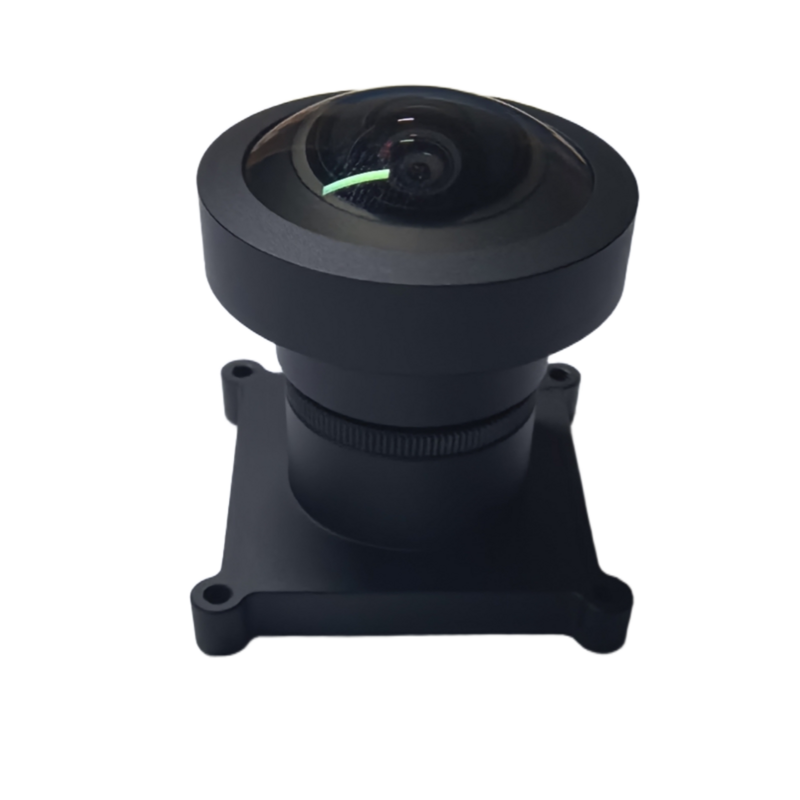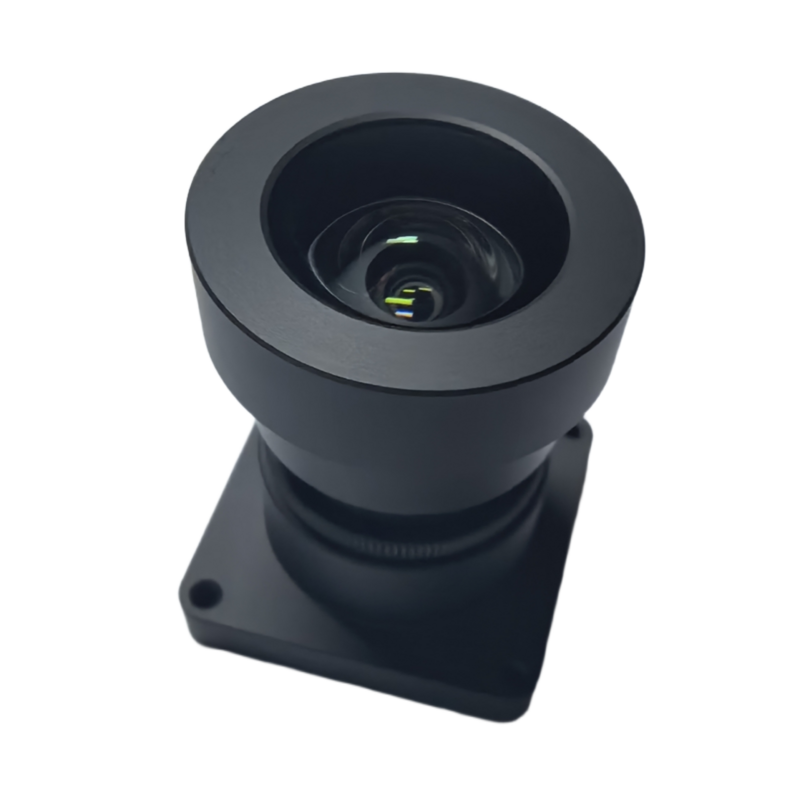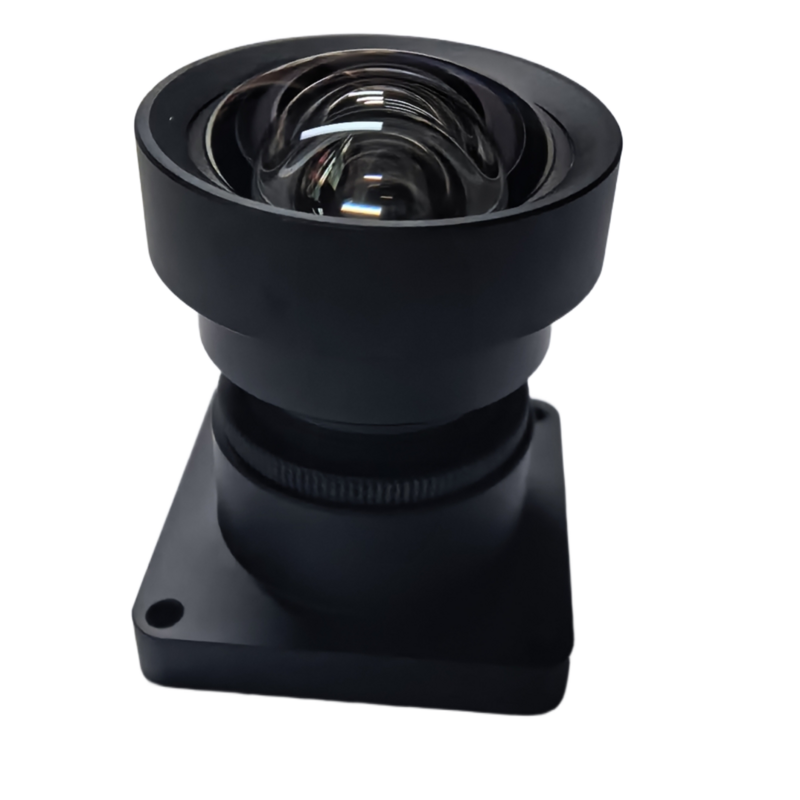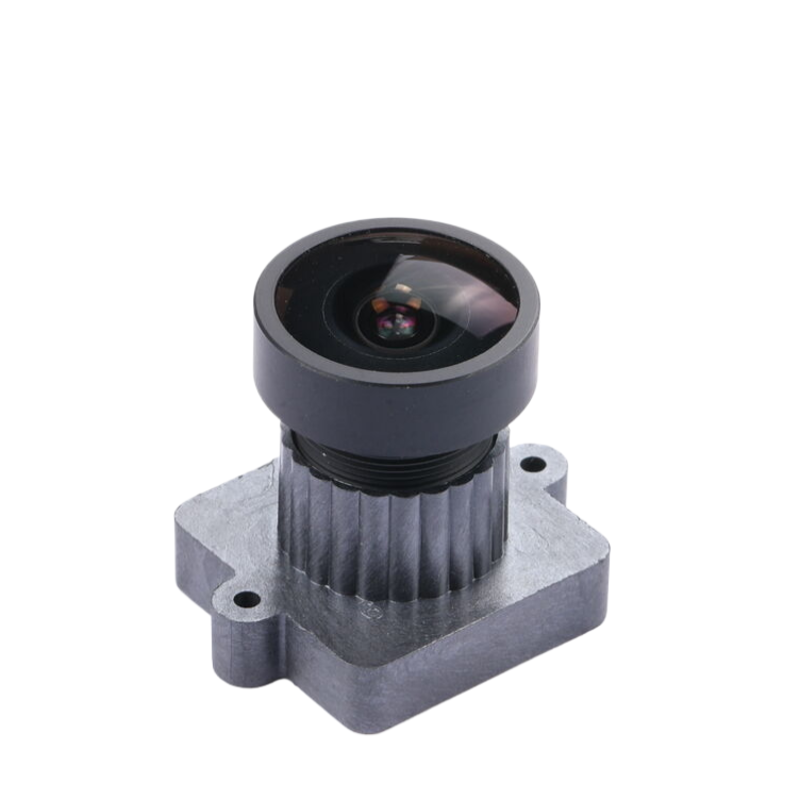Company News
Principles and characteristics of thermal sensing lens technology
1. Temperature detection and disease screening
Thermal sensing lens is a high-precision temperature measurement device based on infrared thermal imaging technology. Its principle is to use the infrared radiation emitted by objects to capture the heat distribution of the target and convert it into a visual image.
Key features of thermal lenses include:
High sensitivity: Able to accurately measure temperature changes of target objects
Long-distance temperature measurement: accurate temperature measurement can be carried out within a range of tens to hundreds of meters
High resolution: Provides clear image details to visualize small hot spots
Real-time monitoring: can display and record temperature changes in real time, providing important monitoring data
Durable and reliable: dustproof and waterproof, suitable for various complex environmental conditions
Application of thermal sensing lenses in the medical field
Thermal sensing lenses have a wide range of applications in the medical field, including but not limited to the following:
1. Temperature detection and disease screening
Thermal sensing lenses can be used for rapid, non-contact body temperature detection, especially suitable for large-scale crowd screening. By measuring the heat distribution on the human body's surface, individuals at potential risk of disease can be accurately identified.
2. Intraoperative temperature monitoring
During the operation, the thermal sensor lens can monitor the temperature changes in the surgical area, detect abnormalities in time, and help doctors make correct treatment. At the same time, additional harm to the patient caused by excessively high or low temperatures during surgery can also be avoided.
3. Skin disease diagnosis
Through the image of the thermal sensor lens, doctors can observe the temperature changes on the skin surface to assist in the diagnosis of various skin diseases. For example, an increase in temperature around an area of inflammation may signal an infection or other inflammatory response.
4. Burn injury assessment
Using a thermal lens, a burn patient's injuries can be quickly assessed. By detecting the temperature changes in the burned area, the degree of burn can be accurately judged and effective treatment measures can be taken in a timely manner.
5. Research and Education
Thermal-sensitive lenses are also widely used in medical research and education. It can help medical students better understand human physiology and disease mechanisms, and provide important data support for scientific research.
Applications of Thermal Sensing Lenses in Other Fields
In addition to the medical field, thermal sensing lenses are also widely used in other fields:
1. Industrial monitoring and maintenance
Thermal sensing lenses are often used for fault detection and location of industrial equipment. They can quickly detect abnormal hot spots and deal with them in a timely manner to avoid equipment failures and production accidents.
2. Building thermal energy control
In the construction field, thermal sensing lenses can be used to evaluate the effectiveness of building structures and insulation materials, help design more energy-saving and efficient buildings, and provide data support for indoor thermal energy control.
3. Fire safety monitoring
Thermal sensing lenses can quickly locate the fire source and detect the development of the fire when a fire occurs, providing important reference for firefighters and promoting timely handling of fire accidents.
4. Wildlife research and protection
Thermal sensing lenses can help scientists observe the activities and ecological habits of wild animals in wildlife research, and provide data support for wildlife protection.
5. Public safety monitoring
Thermal sensing lenses can be used for security monitoring in public places, such as airports, stations, shopping malls, etc., by detecting abnormal temperatures in the crowd to provide security warnings and risk assessments.
In summary, thermal sensing lenses, as a high-precision thermal imaging technology, have broad application prospects in medical, industrial, construction, environment and other fields, bringing more accurate and efficient solutions to related industries.
 English
English  German
German Japanese
Japanese Korean
Korean Vietnamese
Vietnamese French
French Spanish
Spanish भारत
भारत



